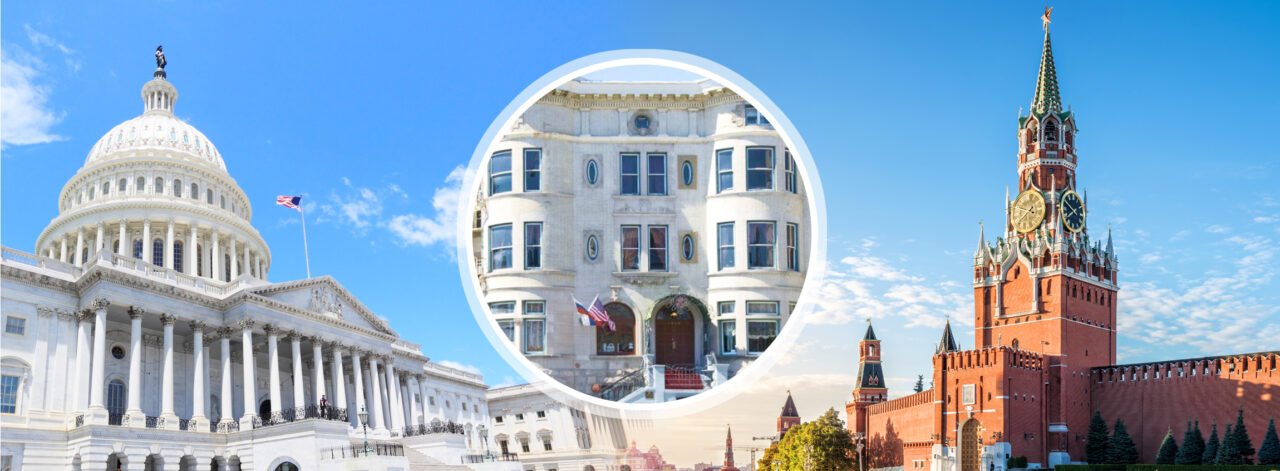
 The new US sanctions against Russia contribute to the uncertainty in the European gas market, according to S&P Global Ratings.
The new US sanctions against Russia contribute to the uncertainty in the European gas market, according to S&P Global Ratings.
"The U.S.' latest law imposing new sanctions on Russia materially increases uncertainty in European gas markets. In an article published today, 'Can The U.S. Shut Off Russia's Gas Supply To Europe?,' S&P Global Ratings says it currently believes that if, as a result of new sanctions, Gazprom needs to fund new pipeline construction on its own, the company can absorb the financial impact without damaging its creditworthiness," the agency said in a statement on Monday.
The rating agency also said that if the sanctions result in delays or abandonment of new pipelines projects, gas prices could grow, the gas supplies from Russia could be interrupted and the usage of underground gas storage and liquefied natural gas could increase.
Yury Yudenkov, a professor at the financial and banking department of the Russian Presidential Academy of National Economy and Public Administration, suggested that the scenario described above is unlikely.
"This is not about cutting off Russian gas supplies to Europe. The new US sanctions bill stipulates restrictions for Gazprom’s supplies to the European market. The measure will supposedly contribute to economic stability in the EU," Yudenkov told Radio Sputnik.
According to the economist, instead, the sanctions will have a negative effect on a number of European companies partnering with Gazprom.
"Gazprom currently has several joint projects with European companies. If implemented, the new sanctions will affect all of them. In particular, the sanctions may result in the suspension of the Nord Stream 2 gas pipeline project. If this is the case Russia will have to return to gas transit via Ukraine, but its gas supplies to Europe will not be disrupted," the expert pointed out.Yudenkov underscored that it is very difficult to estimate the outcome of the new sanctions bill.
"Washington continues to push with its law. It is more than just a trade war. In fact, the new sanctions would block fair competition in the market. The US wants to solve its trade issues with political instruments, including large-scale pressure on Russia’s economy. When it comes to its implementation, this law is a Russian roulette. It can be implemented in one case and ignored in another," the expert said.
In early August, US President Donald Trump signed into law a new batch of sanctions against Russia, Iran and North Korea.
In particular, the law stipulates sanctions against Russia's defense, intelligence, mining, shipping and railway industries and restricts dealings with Russian banks and energy companies.In addition, the US will continue to oppose the implementation of the Nord Stream 2 gas pipeline project, citing the alleged adverse impact it exerts on the energy security of the EU.
France and Germany have so far spoken out against the bill as it affects European industries while advancing US commercial interests.
Experts warn that the bill is likely to affect five Russian-European joint projects, including Nord Stream, Nord Stream 2, Turkish Stream, Caspian Pipeline Consortium and Baltic LNG.



_jpg/250px-ElbeDay1945_(NARA_ww2-121).jpg)







